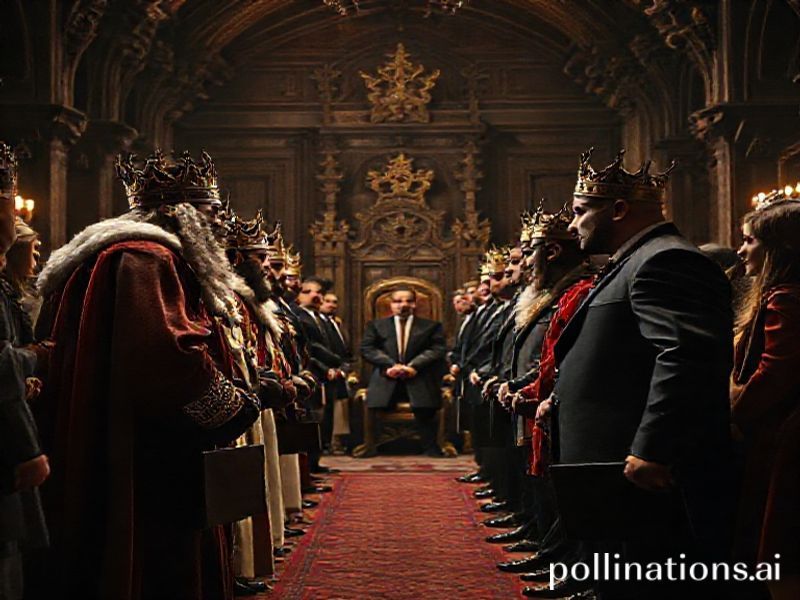Kings vs. Capitals: The Royal Rumble That’s Got the World Talking
# **Kings vs. Capitals: The Royal Rumble That’s Got the World Talking**
In the grand theater of internet culture, a new drama has taken center stage, and it’s not your typical reality TV showdown. No, this is a clash of titans, a battle of wits, and a test of historical knowledge. We’re talking about the global phenomenon that is **Kings vs. Capitals**, the trending game that’s got everyone from your cousin in Cleveland to your aunt in Sydney scratching their heads and reaching for their phones.
## **What Is Kings vs. Capitals?**
For the uninitiated, Kings vs. Capitals is a simple yet addictive game where players are presented with a list of names—some are kings, some are capitals—and they must guess which is which. It sounds easy, right? Wrong. This game is a sneaky little brain teaser that exposes just how much (or how little) you know about world history and geography.
The game has taken the internet by storm, with millions of players sharing their scores and strategies on social media. It’s the kind of trend that starts as a fun distraction and quickly becomes a full-blown cultural moment. But why? What makes this game so darn compelling?
## **The Cultural Context: A Royal Mix-Up**
At its core, Kings vs. Capitals taps into our collective fascination with royalty and geography. We love a good monarchy drama (hello, *The Crown* and *Bridgerton*), and we’re equally obsessed with travel and exploration. This game combines those two interests in a way that’s both educational and entertaining.
But here’s the twist: the game isn’t just about knowledge. It’s about perception. Some names are obvious—King Henry VIII? Capital of France? Easy. But others are trickier. Is “Reykjavik” a king or a capital? (Spoiler: It’s a capital, but it sounds like it should be a Viking warrior’s name.)
This mix-up is what makes the game so addictive. It challenges our assumptions and forces us to think critically. And in an era where misinformation runs rampant, a game that encourages critical thinking is a breath of fresh air.
## **The Social Impact: A Global Phenomenon**
Kings vs. Capitals has become more than just a game—it’s a social experience. People are sharing their scores, debating the trickiest names, and even creating their own versions of the game. It’s a testament to the power of internet culture to bring people together around a shared interest.
But the game also highlights some interesting cultural differences. For example, players from Europe might find it easier to identify European kings and capitals, while those from other regions might struggle. This creates a fun, lighthearted way to learn about different cultures and histories.
## **Why It Matters: More Than Just a Game**
So, why should you care about Kings vs. Capitals? Because it’s a reminder that learning can be fun. In a world where education is often seen as dry and boring, this game proves that knowledge can be entertaining and engaging.
It’s also a testament to the power of simplicity. In an age of complex apps and overstimulating content, Kings vs. Capitals shows that sometimes, the simplest ideas are the most effective.
And let’s not forget the nostalgia factor. For many, this game brings back memories of school quizzes and trivia nights. It’s a throwback to a time when learning was about curiosity and discovery, not just test scores and grades.
## **The Bottom Line**
Kings vs. Capitals is more than just a trending game. It’s a cultural moment that highlights our love for history, geography, and a good challenge. It’s a reminder that learning can be fun and that sometimes, the simplest ideas have the biggest impact.
So, the next time you’re scrolling through your feed and see someone sharing their Kings vs. Capitals score, don’t just scroll past. Join in the fun. You might just learn something new—and have a blast doing it.
—







